BAKU, AZERBAIJAN NOV 24, (V7N) – After more than two weeks of intense negotiations and walkouts, COP29 has concluded with a historic yet controversial climate deal. Wealthy nations have agreed to provide $300 billion annually by 2035 to help poorer countries tackle the devastating impacts of the climate crisis. But for many, it’s too little, too late.
The deal comes after fractious talks marked by boycotts, fiery debates, and open resistance from fossil fuel interests. The final agreement—reached in the early hours of Sunday after a marathon 30-hour session—has left developing nations deeply dissatisfied.
“This is nothing more than an optical illusion,” blasted India’s representative, Chandni Raina, calling the $300 billion pledge a “paltry sum” that fails to meet the scale of the climate emergency.
Finance Front and Center
At the heart of the deal is the $300 billion commitment, intended to help poorer nations recover from climate disasters and transition to clean energy. However, this figure falls far short of the $500 billion demanded by the G77 group of developing countries.
“We’re leaving with crumbs,” lamented Marshall Islands climate envoy Tina Stege.
The agreement includes a broader goal of scaling up to $1.3 trillion annually, but there’s no binding commitment on how much developed nations will contribute to that sum. Critics argue this leaves vulnerable countries in limbo.
Richer Nations Push Back
Wealthier countries defended the deal as “politically achievable” given the current economic climate. “This is the boundary of what we can realistically deliver,” said Avinash Persaud, climate advisor to the Inter-American Development Bank.
Efforts to secure contributions from wealthier developing nations like China and Saudi Arabia only resulted in language “encouraging” voluntary support. This lack of mandatory commitments has been slammed as a missed opportunity to hold all major emitters accountable.
Fossil Fuel Interests Dominate
The talks were overshadowed by the presence of over 1,700 fossil fuel lobbyists, outnumbering almost all national delegations. Saudi Arabia, a major oil exporter, outright rejected any mention of phasing out coal, oil, or gas in the final agreement.
“It’s been another shady, oil-stained COP,” said climate scientist Friederike Otto, criticizing the heavy influence of petrostate interests at the summit.
A Chaotic COP in a Record-Breaking Year
The urgency of action was undeniable. 2024 is on track to be the hottest year ever recorded, with catastrophic hurricanes, droughts, and floods devastating communities worldwide. But despite the growing toll of the climate crisis, COP29 was marred by infighting and mistrust.
The looming inauguration of Donald Trump—who has promised to dismantle climate agreements—cast a shadow over proceedings, raising fears about the future of international climate action.
With COP30 set to take place in Brazil, attention now shifts to increasing the scale of climate finance and ensuring accountability. The question remains: Will the world’s nations rise to the challenge, or will progress remain bogged down by political division and fossil fuel interests?



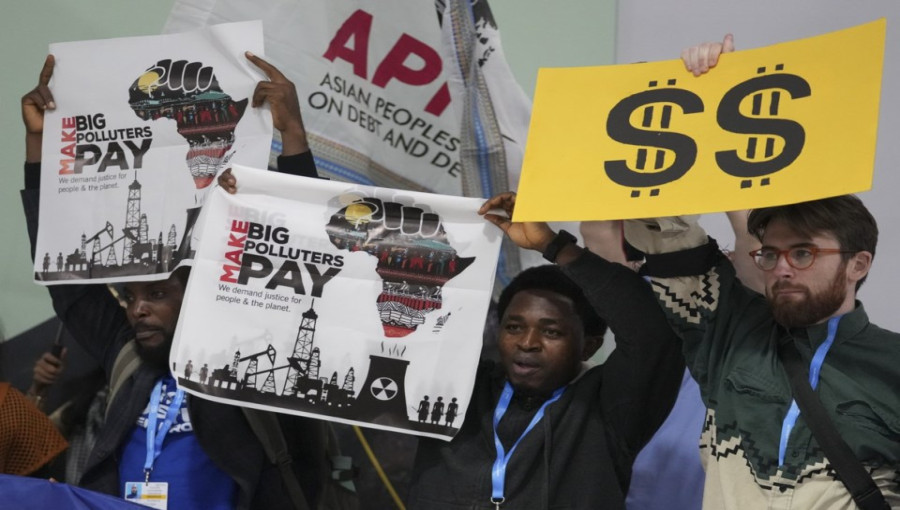
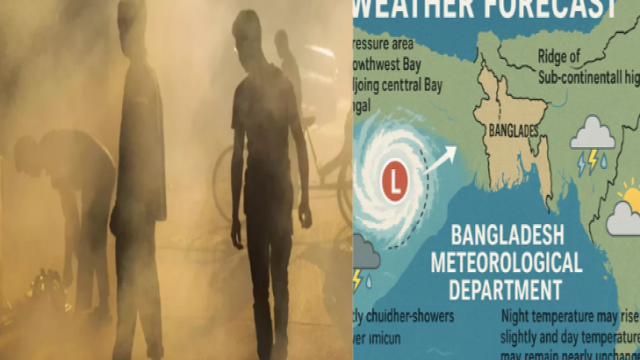
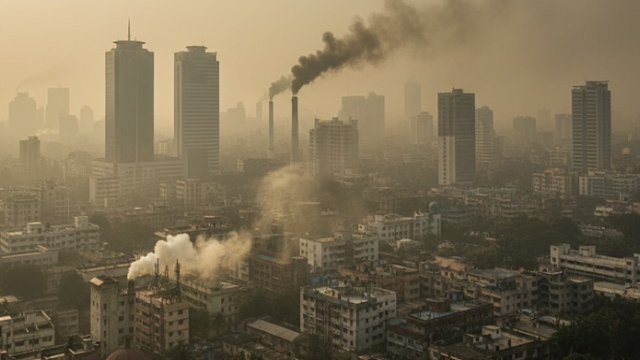

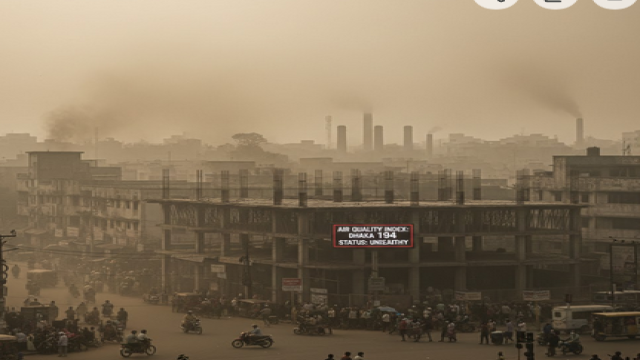



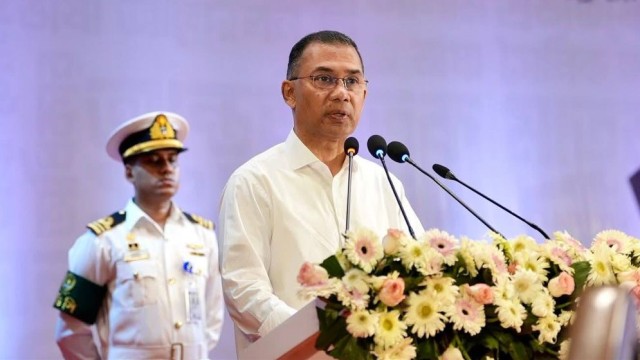

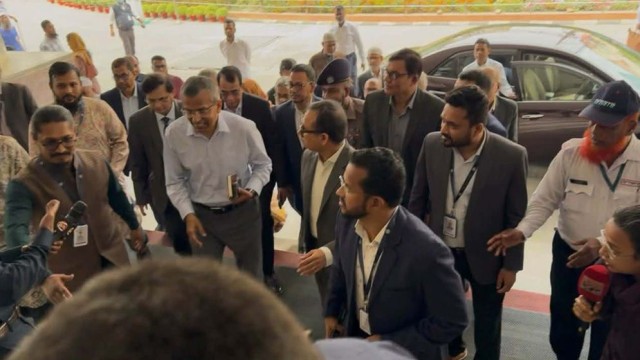
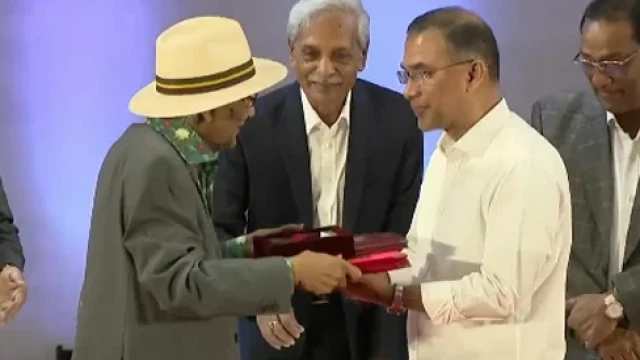

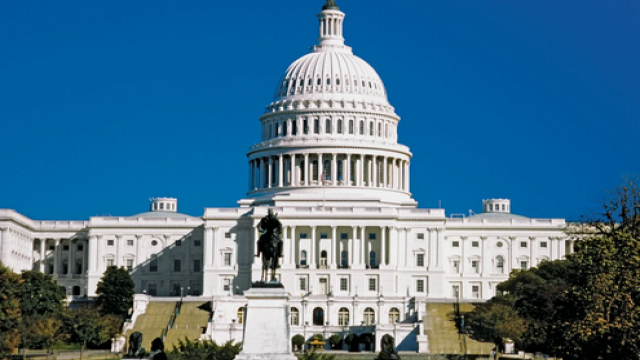
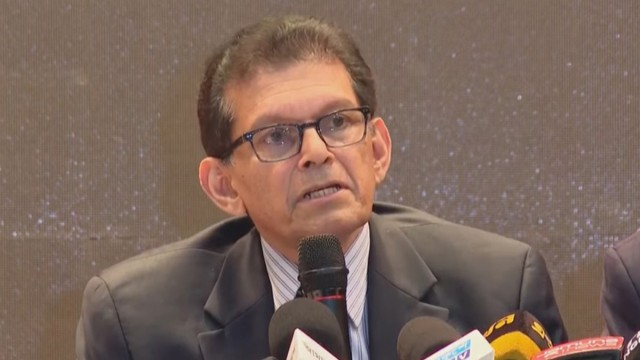











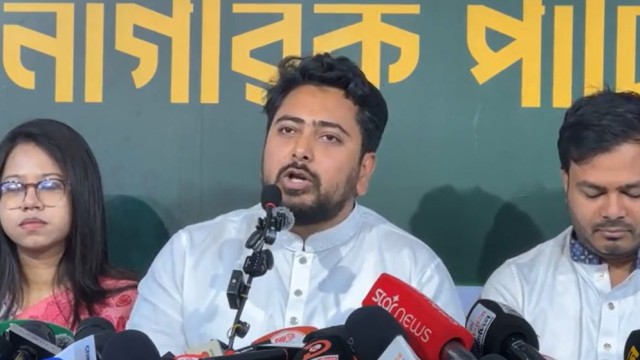

Comment: